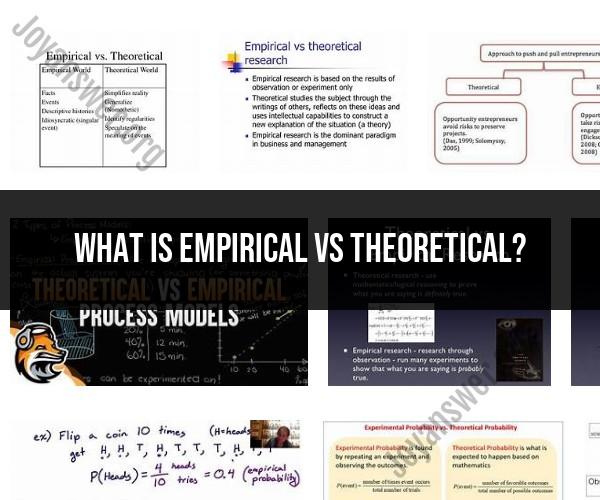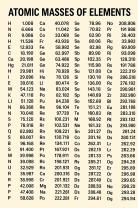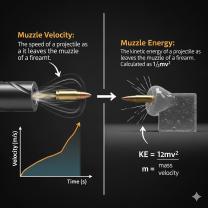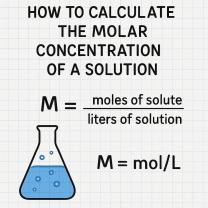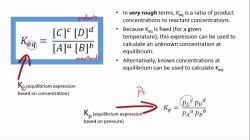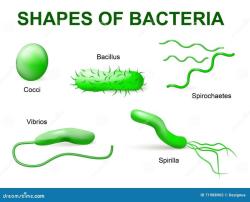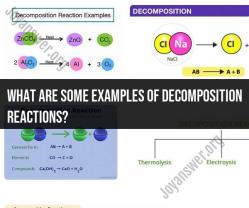What is empirical vs theoretical?
Empirical and theoretical are two contrasting approaches in research, and they refer to different ways of acquiring knowledge and conducting investigations:
Empirical Research:
Definition: Empirical research is based on observed and measured phenomena and relies on empirical evidence, which is data collected through direct observation or experimentation.
Characteristics:
- Observation: Empirical research involves the collection of real-world data, often through experiments, surveys, observations, or interviews.
- Data-Driven: It relies on data analysis and interpretation to draw conclusions and make inferences.
- Factual: Empirical research aims to provide concrete, verifiable, and objective information about the subject of study.
- Quantitative or Qualitative: Empirical research can be quantitative (involving numerical data) or qualitative (involving non-numerical data like interviews or case studies).
Examples: A clinical trial to test the effectiveness of a new drug, a survey to understand consumer preferences, or an experiment to study the behavior of a particular species in a controlled environment.
Theoretical Research:
Definition: Theoretical research is focused on developing and testing theories, models, or concepts to explain and understand phenomena, even if it doesn't involve direct data collection or experimentation.
Characteristics:
- Abstract: Theoretical research deals with abstract concepts, hypotheses, and models that may or may not have immediate real-world applications.
- Conceptual: It often involves the creation of theoretical frameworks or models to explain how something works or is structured.
- Mathematical or Conceptual Models: Theoretical research may use mathematical equations, conceptual models, or philosophical reasoning to explore ideas.
- Hypothesis-Driven: It typically starts with a hypothesis or a question and uses logic and reasoning to explore and validate it.
Examples: Developing a mathematical model to describe the behavior of a black hole in astrophysics, creating a psychological theory to explain human memory processes, or formulating economic theories to understand market behavior.
In summary, empirical research is grounded in collecting and analyzing real-world data to answer specific research questions, while theoretical research is focused on developing and testing abstract concepts, models, or theories to explain and understand phenomena. In some cases, research can combine both approaches, where theoretical frameworks are tested using empirical data, leading to a deeper understanding of complex phenomena. The choice between empirical and theoretical research depends on the research goals, the nature of the topic, and the available resources and methodologies.
